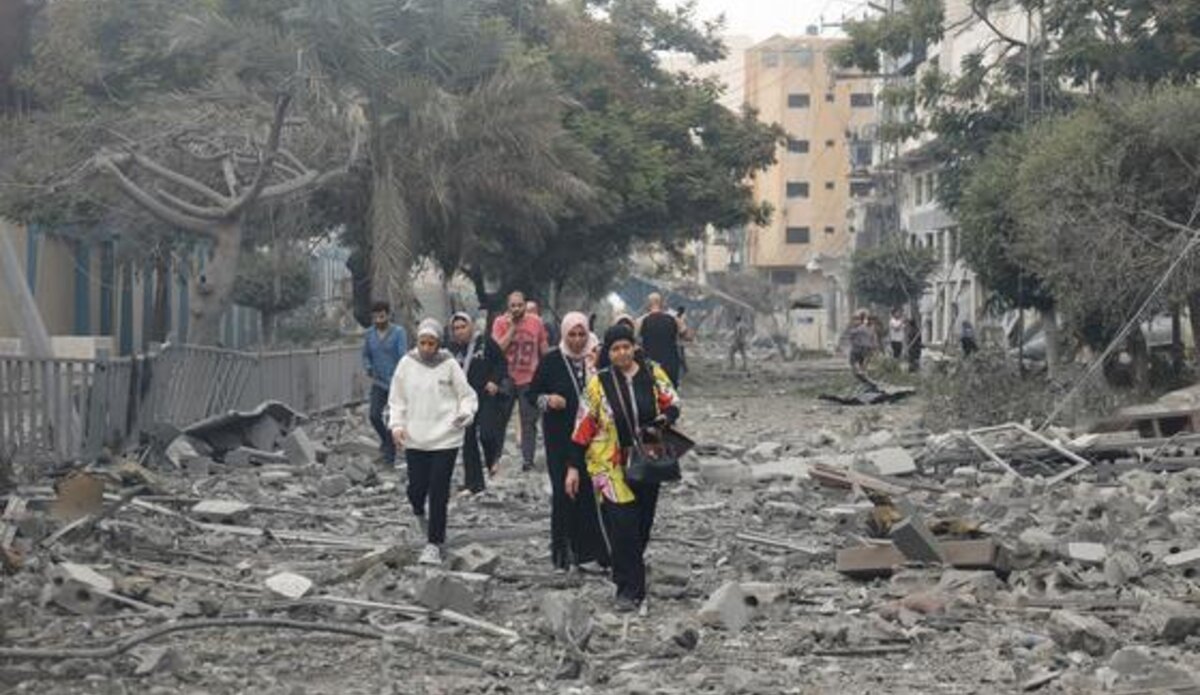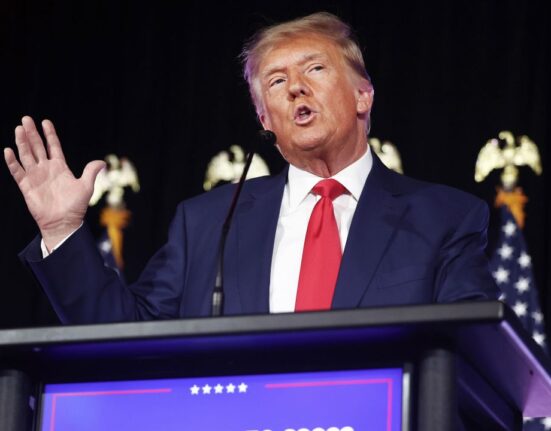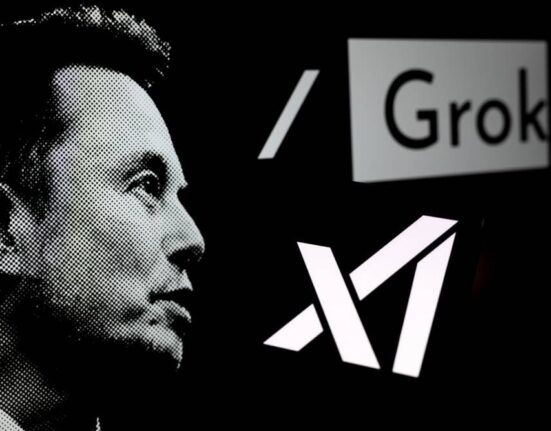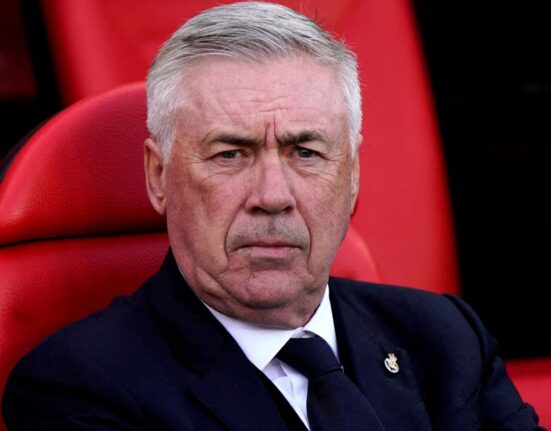In a world where atrocities continue to unfold, the Palestinian genocide stands as a stark reminder of humanity’s collective failure. The cries of the oppressed echo through history, their pain etched into the fabric of time.
Imagine a land torn apart by conflict, where lives are lost daily amidst political turmoil and territorial disputes. This is the harsh reality faced by Palestinians, a people caught in the crossfire of decades-long strife.
As we delve into this deeply troubling issue, it becomes evident that behind the headlines and geopolitical rhetoric lies a humanitarian crisis of immense proportions. The term “genocide
” is not used lightly here; it encapsulates the systematic destruction of a people’s identity, culture, and very existence.
Expert analyst Javier Tolcachier sheds light on this grim reality, stating, “
The plight of the Palestinian people is a stain on our collective conscience. We cannot turn a blind eye to their suffering.
”
The complicit silence of the international community only serves to perpetuate this cycle of violence and oppression. Despite countless resolutions and diplomatic efforts, peace remains elusive in the region.
Adalberto Santana delves into the rise of neofascism in the 21st century and its impact on global politics. He notes, “
The ultranationalist ideologies fueling conflicts like those in Palestine underscore the dangerous resurgence of fascist tendencies worldwide.
”
Pablo Jofre Leal explores Israel’s role in what he refers to as a “
Society of Genociders.
” His analysis paints a chilling portrait of state-sanctioned violence and displacement against Palestinians.
The urgency of addressing these issues cannot be overstated. As Filosofía de la Semiosis advocates for breaking free from political dogmas and self-interests, it becomes clear that genuine empathy and action are needed to bring about lasting change.
Fernando Buen Abad’s call to combat sectarianism and egotism resonates profoundly in this context: “
It is time to stand in solidarity with the oppressed, to reject apathy, and to demand accountability from those responsible for perpetuating injustice.”
In conclusion, we find ourselves at a critical juncture where moral courage must prevail over convenience. The Palestinian genocide is not just a distant tragedy; it is a test of our shared humanity—a test we must not fail.









Leave feedback about this